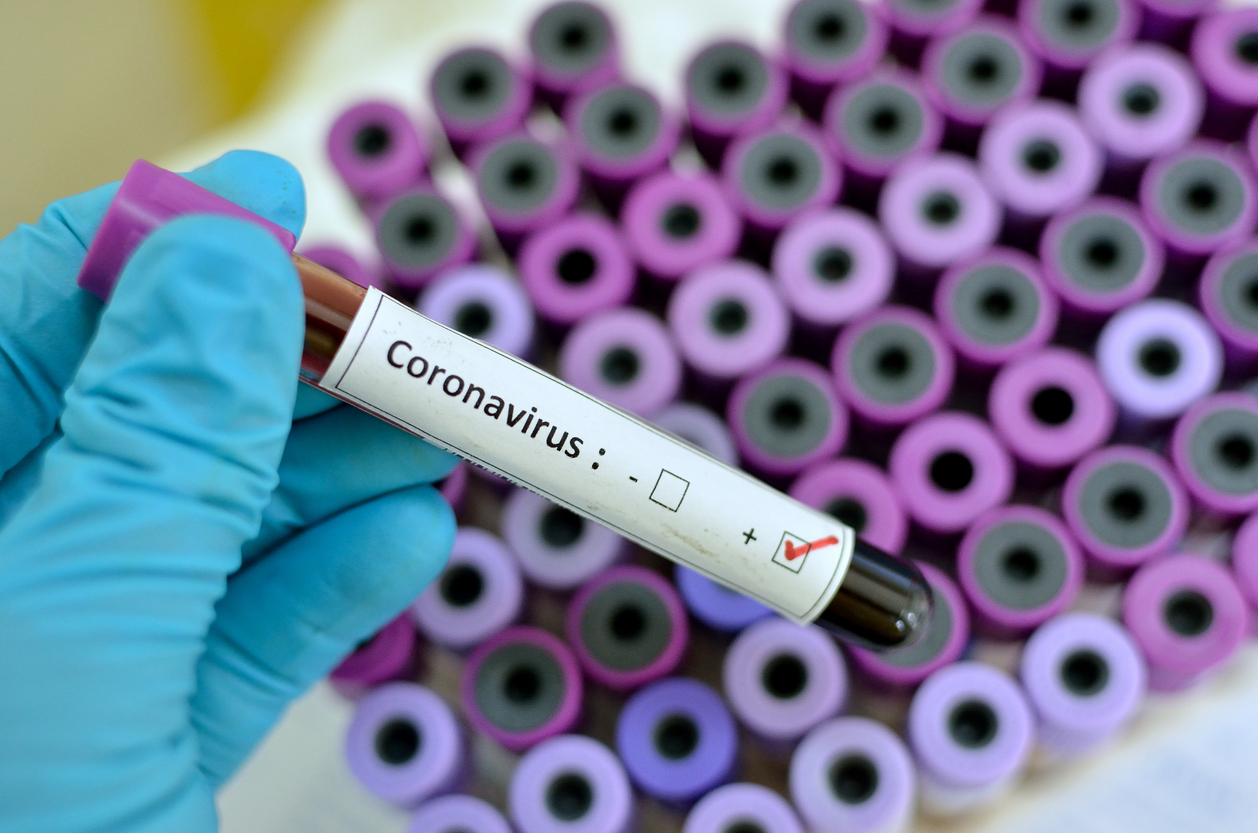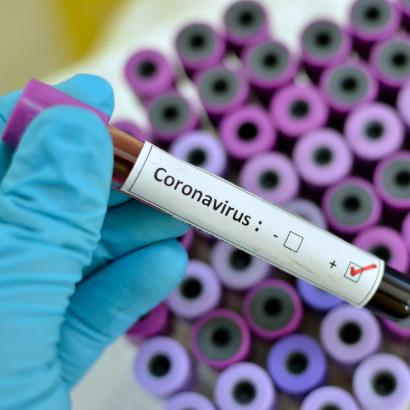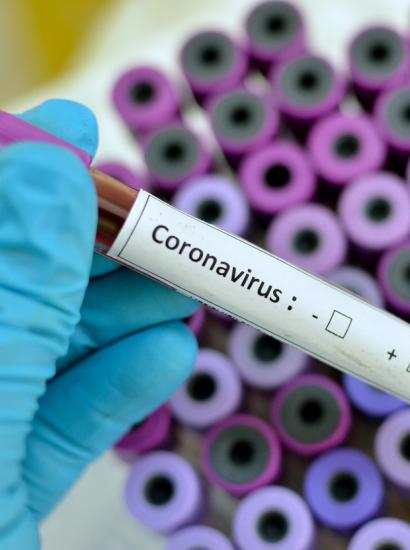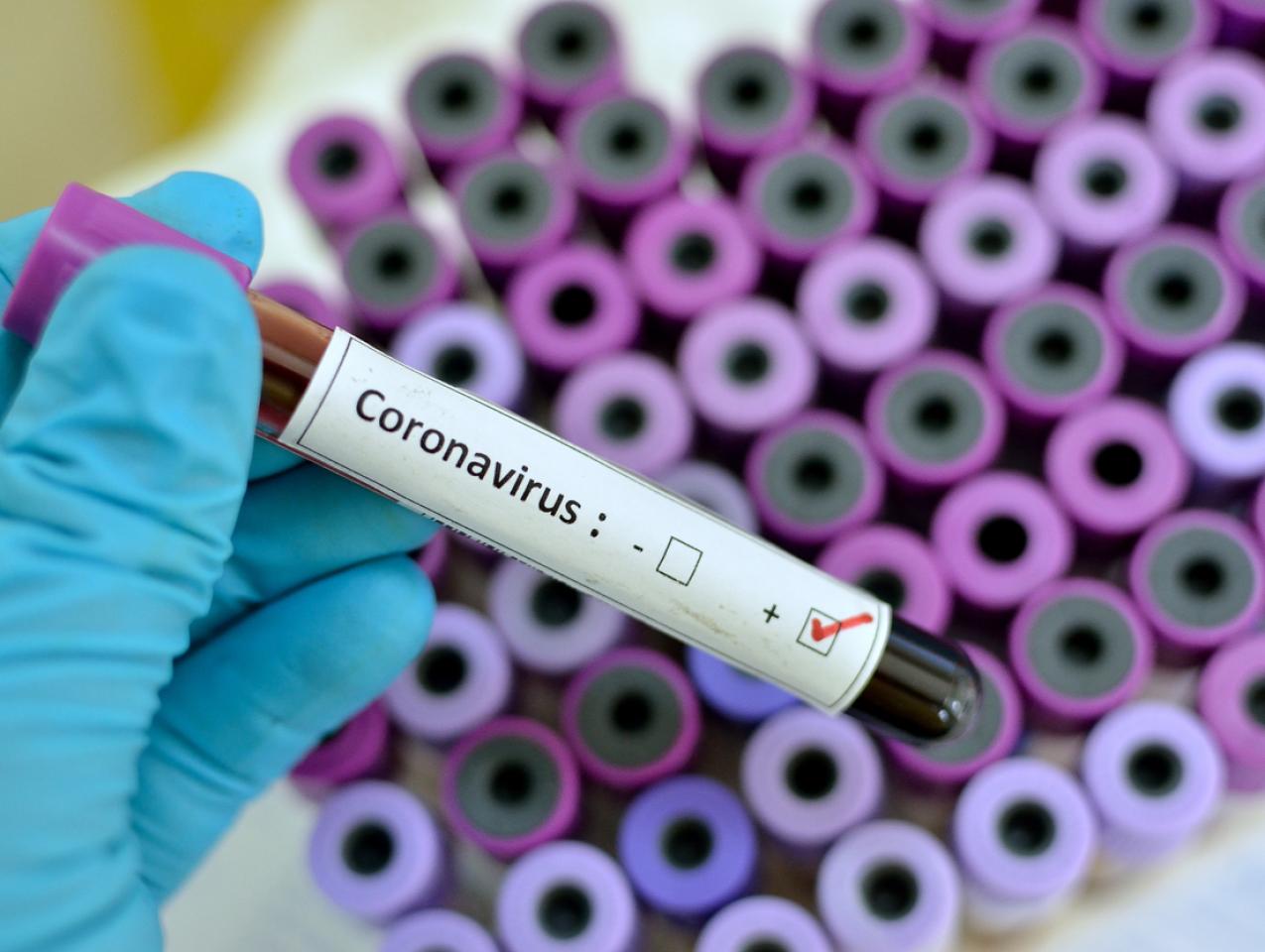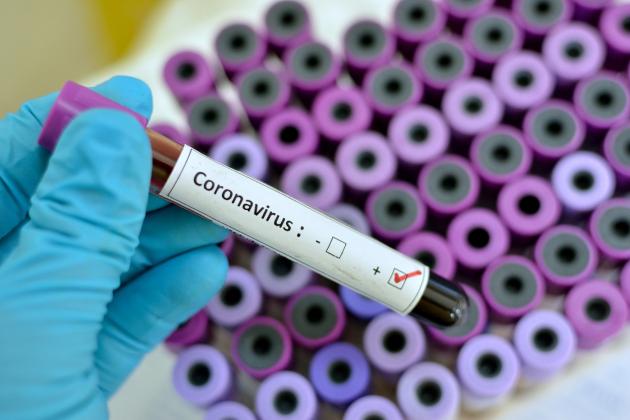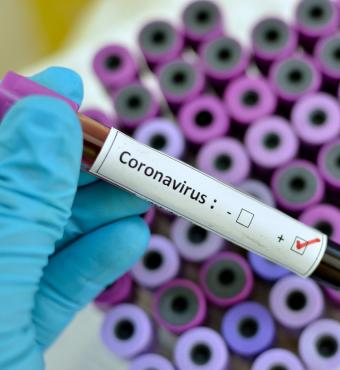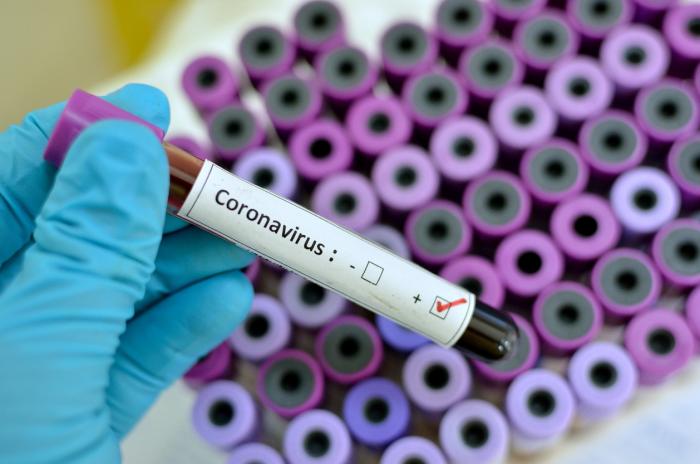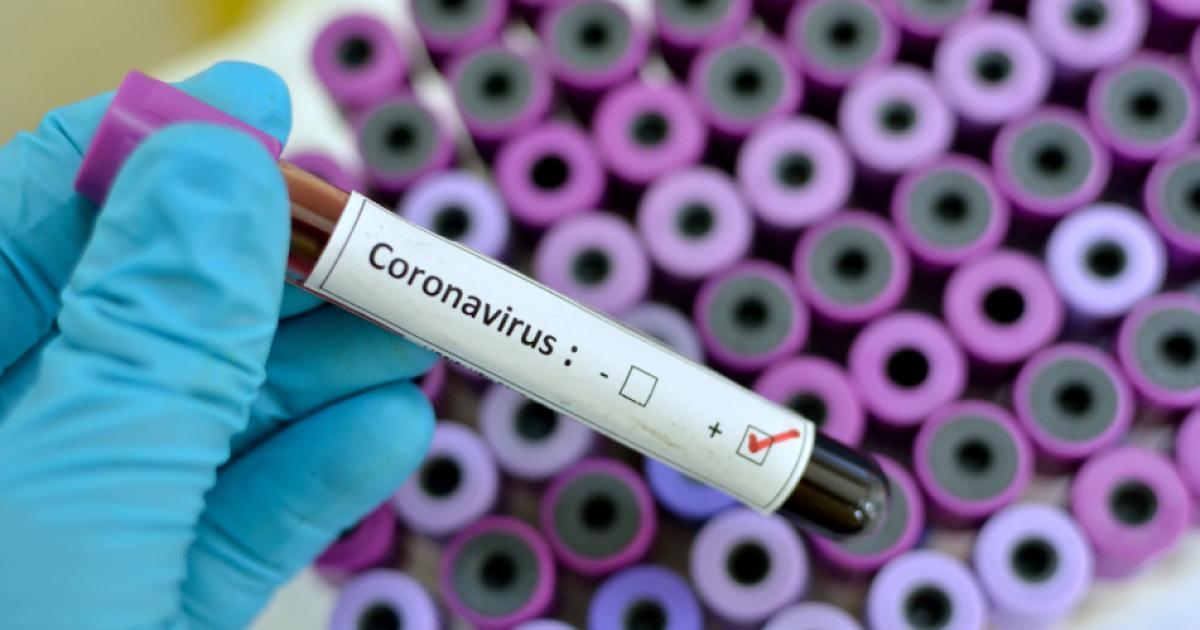- Health Care
- Politics, Institutions, and Public Opinion
- State & Local
- California
As we California shut-ins figure how to avoid coming down with cabin fever while hunkering down against COVID-19, fear not for Gov. Gavin Newsom. He’s on the job—and very much in the public spotlight with constant media briefings on the Golden State’s efforts to combat and contain a spreading pandemic.
Newsom’s briefings aren’t to be confused with the show in the nation’s capital, where White House pandemic updates are one part information gathering and a second part displayed mutual contempt between a President Trump who trashes reporters’ character and a press corps that reciprocates (not to mention one that is fond of posing vapid questions: asking Trump when the current crisis will end is sort of like asking FDR in early 1942 when the Second World War would reach a conclusion).
By contrast, the press conferences in Sacramento are far tamer, with a less contemptuous press corps doing the listening while a more policy-versed governor does a lion’s share of the talking (as one reporter recently signed off after a lengthy presser: “You’ve been listening a lot to Governor Gavin Newsom”).
When Newsom does talk, it’s a word salad . . . with ingredients that don’t always match. Among my favorite “Gavin-isms” of the past week: “Make sure people are appropriating themselves in grocery stores, not abundancing themselves”; “deeply connected to one universal spirit”; “I can’t say this with certainty, but I can say it quite learnedly.”
And, on the day Newsom asked Californians to go inside for the foreseeable future, this turn of phrase: “emergency decoration.”
OK, let’s cut the man some slack; he was probably tired when he made the gaffe. Still, Newsom might have committed a Freudian slip. He meant “declaration” when referencing his March 20 executive order imploring nearly 40 million Californians to stay at home until further notice. However, his edict is “decorative” in that it’s hard to imagine law enforcement reaching a point where it actually metes out punishment (under California Government Code section 8665, anyone who “refuses or willfully neglects” the order could be charged with a misdemeanor, be fined up to $1,000, and face up to six months in jail).
Will state and local police track down what’s left of the population still going to public beaches or hiking nature trails and ensure that folks are six feet apart? Not likely. Besides, take a case to court and a sharp attorney might convince a judge that the governor’s action may be unconstitutional.
What comes next in California’s coronavirus saga? At some point in the near future, Newsom will have to pivot from health safety to economic well-being as a workforce can’t remain shuttered ad infinitum. Here, we’ll see how the governor’s entrepreneurial past (before entering politics, Newsom invested in a collection of wineries, restaurants, and hotels) affects his present-day judgment.
On the one hand, California has an advantage: the state’s economy is diversified. That said, the Golden State faces less-than-stellar economic trends in 2020—which was known before the state was torn asunder by the virus. Per UCLA’s Anderson School of Management forecast released earlier this month, a slowdown is in the works: unemployment will rise to 4.4% this year (from 3.9% statewide in December); payroll growth will be flat; personal income growth adjusted for inflation (2% last year) will slow to 1.3% this year.
On the other hand, the pandemic will expose winners and losers within California’s economy.
Included in the former category would be Tesla, the maker of electric cars. Elon Musk, the company’s billionaire chief executive, has vowed to mass-produce ventilators (work could occur at Tesla’s factory in Fremont and at Musk’s SpaceX venture in Hawthorne). It makes Musk this generation’s version of Henry Kaiser—an entrepreneur who liked big projects (Kaiser’s company was involved in the construction of the Hoover Dam and the Oakland–San Francisco Bay Bridge).
Kaiser, like Musk, turned his company on a dime in a time of national crisis. When the Second World War broke out, Kaiser established seven shipyards—including four in the Bay Area town of Richmond—that produced more ships than any other in the United States.
Granted, building modern-day ventilators isn’t to be confused with assembling a Liberty ship in four days, as one of Kaiser’s yards once did. Musk himself has alluded to that fact: “Tesla makes cars with sophisticated hvac systems. SpaceX makes spacecraft with life support systems," Musk tweeted. “Ventilators are not difficult, but cannot be produced instantly."
On the losing side of the California economy: local bijous.
Last week, the National Association of Theatre Owners (the “other NATO,” whose members control more than 41,000 movie screens nationwide) asked Congress to provide aid and relief measures for that sagging industry (loan guarantees and tax benefits to assist theater owners providing for their employees). The trade group implored: “The business model of the movie industry is uniquely vulnerable in the present crisis.”
What the letter didn’t note: movie theaters were in trouble before the pandemic arrived.
Total US theater attendance fell 4.6% in 2019. Some blame it on the choices available to the viewing public—a lack of inspired and original content, with Hollywood too reliant upon adaptations, reboots, and remakes (plus, the average price of a movie ticket rising to $9.37).
But lifestyle choices also played a role. Today’s higher-end televisions offer not just super sound and picture quality, but easy access to Netflix, Hulu, and Amazon Prime and a wealth of original content. Not surprisingly, entertainment consumers find themselves hooked on binge-watching the likes of The Crown and Stranger Things (no, that’s not a show about politics).
Where this places theaters: in a situation akin to that of eight-track tape players and pay phones in a prior era—as a technology destined to lose out to a rival product more cutting-edge and more convenient to consumers.
Do theaters deserve a federal bailout? That’s a fair question, as the industry is both nonessential and relatively small potatoes in the scheme of things (McDonald’s alone has sales double what movies gross). Some also argue that’s it’s a good time for Hollywood to put its money where its mouth is: think of actors and actresses stepping up to save beleaguered independent movie houses.
As for California, what will be the state government’s choices when it’s time to pick economic winners and losers? (Here’s a hint: see who donates generously to lawmakers.)
Here’s hoping that California’s lawmakers employ common sense when it comes to economic relief in the time of a pandemic—with an eye on industries and applications that are more futuristic than they are nostalgic.
What’s the saying about the cure being worse than the disease?







